The Roundup Top Ten (+3!) For December 22, 2022
Note: We're releasing the LAST ROUNDUP OF 2022 a day early since many readers may be stepping away from their screens for the holiday break (a move HNN strongly endorses). We're also including an extra 3 essay excerpts in the top ten this week to hold you over to the new year. We're thankful to all of the historians and scholars who have engaged with the public in op-ed and other essays this year, to the publications who give historians a platform to share insight on current events, and to our readers.
If you are inclined to support HNN's work bringing you these roundups and the rest of our content at the intersection of history and the news, you can make a secure tax-deductible contribution online.
Best wishes for the holidays and a happy new year!

Was the Civil War Inevitable?by David W. BlightAs a growing number of Americans entertain the idea that dissolving the nation might be better than holding its incompatible parts together, it's worth revisiting the series of decisions that led to the Civil War, and to ask whether the nation has, or will, experience the equivalent of the Dred Scott decision. |
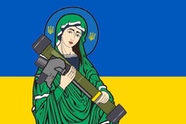
Ukrainesplaining, or, Why the West Underestimated Ukraineby Olesya KhromeychukThe credibility of Ukraine's claims and commitment to national self-determination have always been dismissed and diminished by the influence of Russian perspectives, even among academic observers. A woman historian finds the phenomenon familiar. |

Enjoying the Christmas Lights? Thank Jewish Refugees from the Ottoman Empireby Devin E. NaarThe story of Christmas lighting in America follows the paths of Sephardic Jewish immigrants from Turkey, who coped with nativist prejudice, linguistic difference, and labor exploitation to find community and work—including in light bulb factories. |
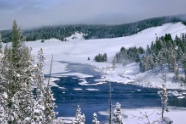
National Parks Not Immune from National Tantrumsby Tiya MilesYellowstone National Park's 150th anniversary saw visitors and staff dealing with the same kinds of frayed civility and random abuse plaguing the rest of the nation. For better or worse, our parks are us. |

The Qatar World Cup is Historyby Laurent DuboisThe World Cup, more than any previous version, symbolizes the contradictions of the joy of play being entangled with nationalism, global capitalism, and repressive theocratic autocracy. |
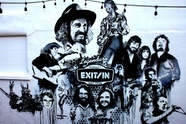
Exiting/Inby Francesca T. RoysterA family and community history in Black Nashville puts the rise of "Music Row" in the context of urban renewal projects that destroyed African American communities and institutions, and the unacknowledged Black presence in country music. |

Albion Tourgée's Forgotten Proposal for Power to the Peopleby Brook ThomasThe Black Republican activist hoped to draft a Reconstruction constitution for North Carolina that vested power in the people, which might have prevented the potential mischief that could be unleashed by Supreme Court cases that threaten to empower state legislatures to thwart democracy. |
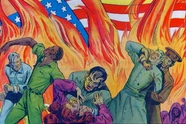
The Takeover: The Self-Righteous Faculty and their Self-Righteous Studentsby Russell JacobyA past critic of the self-proclaimed academic radicals of the 1980s used to think they were really careerists posing as leftists without impact on society. Now, he thinks they've changed the culture for the worse. |
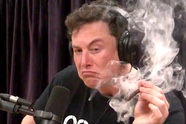
Today's Tech Bro and the Victorian Genius Both Reflect a False Narrative of Progressby Iwan Rhys MorusThe cults of "disruption" and genius obscure the fact that innovation is typically cooperative, and dependent on a society that sustains and implements new knowledge. |
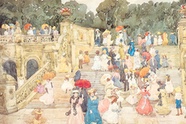
Central Park's New Gate of the Exonerated Reminds Parks have been Stages for Racismby Amanda Martin-HardinSince at least the 19th century, White authorities have attempted to remove and exclude Black people from park landscapes, and fears of crime or disorder have been weapons in that effort. Honoring the falsely convicted teens in the Central Park Jogger assault is a step toward more inclusive open spaces. |
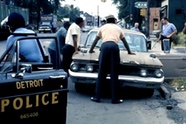
You Can't Unsee the Truth About Carsby Andrew Ross and Julie LivingstonDespite cultural mythology, cars are actually un-freedom machines, and drivers of inequality, particularly for racial minorities. It's a mistake for the Biden administration's infrastructure agenda to further enshrine the car as the dominant means of mobility. |
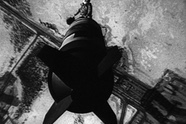
Peace is Not Our Professionby William J. AstoreThe unveiling of the newest stealth bomber underscores the fundamental insanity and cruel wastefulness of the policy of peace through nuclear deterrence, argues a historian and retired USAF lieutenant colonel. |
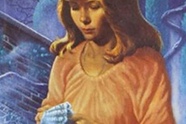
The Clue in the Old Lace: Nancy Drew and Fashion Historyby Kimberly Chrisman-Campbell"Fashion history is rarely as straightforward as Nancy Drew led me to believe, or as perilous." |